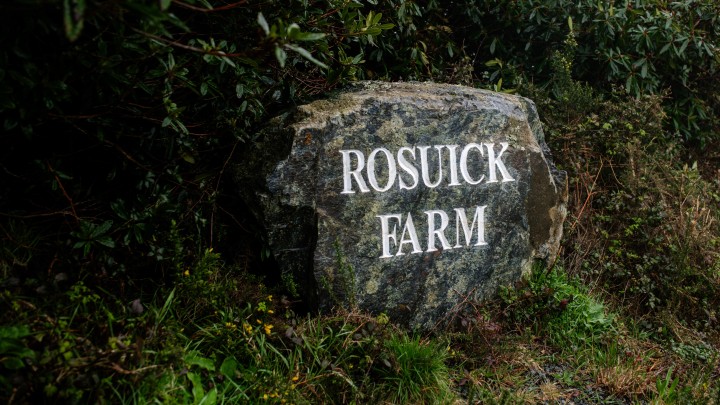Rosuick Farm has understood for generations that farms can do far more than simply produce food. Here, Dave Oates shares some of the secrets to successful diversification.
Farms have the potential to offer much more than food production alone. Whether it’s providing leisure or tourism opportunities to the public, or addressing major challenges like flooding, biodiversity loss and the climate crisis, farmland can deliver a wide range of goods and services that society needs.
One farm that understands this very well is Rosuick, located on the Lizard Peninsula in Cornwall. The land has been in the Oates family for generations, farmed with nature in mind, with brothers Dave and Stuart Oates now its latest custodians. Diversification is very important at Rosuick, and has been a key focus of the farm’s success.
To coincide with Nature Friendly Farming Week 2025 highlighting the potential of farms to do more than grow food, we spoke to Dave about Rosuick’s diversification journey and his top tips for making enterprise stacking a success.
The basics - What diversification does Rosuick do?
Diversification at Rosuick goes back to the time of Dave’s grandparents, who introduced holiday caravans on site and also grew cut flowers.
By the time his parents took over, there was a financial need to broaden the range of enterprises at Rosuick. This saw the holiday accommodation expanded (Dave recalls spending his childhood summers living in a barn so the farmhouse could be let out), alongside the launch of a veg stall and hosting a brewery on the land.
Dave’s mum also made baby clothes and blankets, while Rosuick became home to a camel trekking business, giving visitors the chance to ride one of these ‘ships of the desert’ around the farm.
At various points, the farm also ran a cafe, and sold its own range of ready meals. For around two decades, Rosuick also operated a farm shop, offering a range of home-grown produce including beef, lamb, chicken, pork, turkeys, eggs and vegetables.



